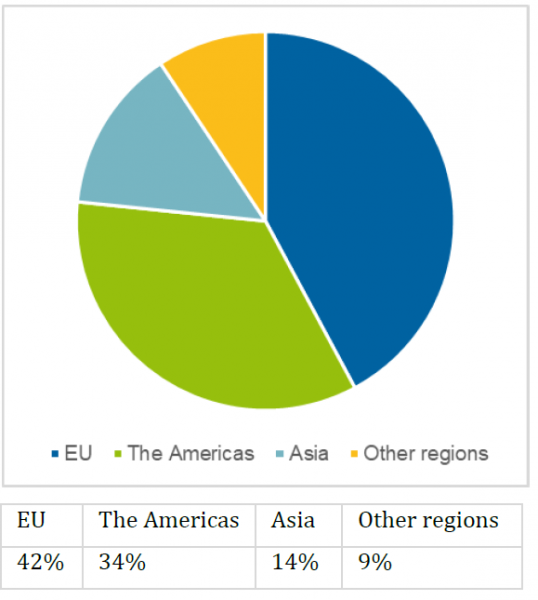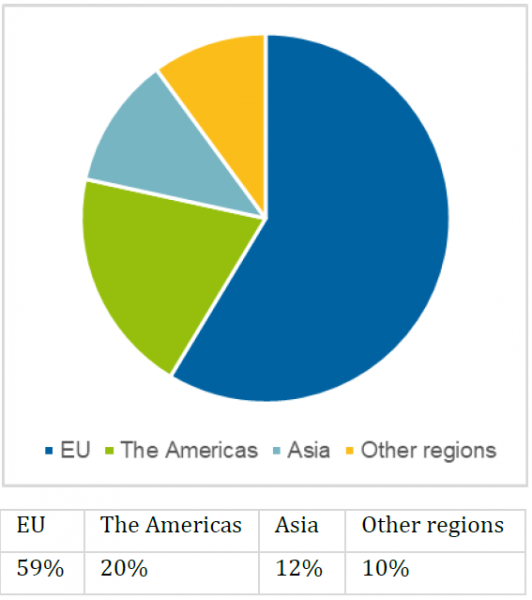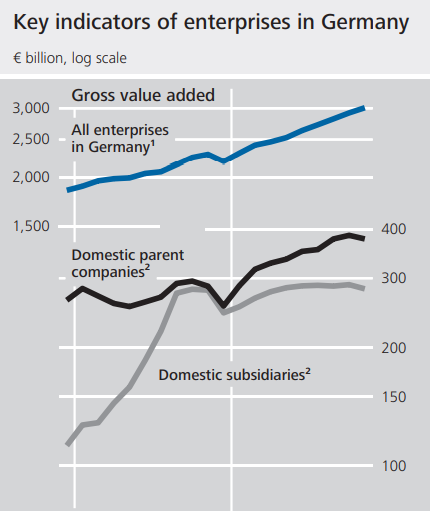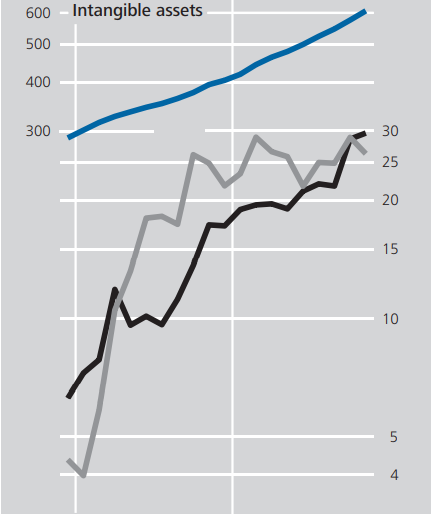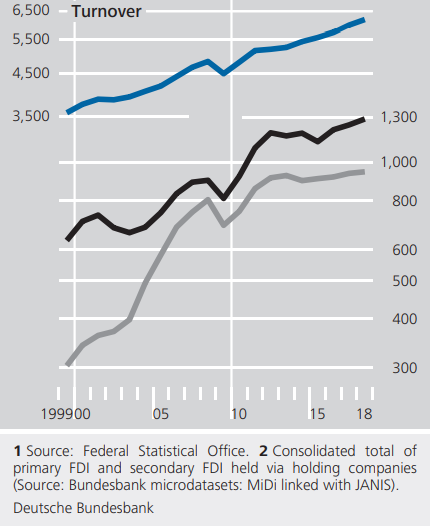References
European Union 2019. Regulation (EU) 2019/452. Establishing a framework for the screening of foreign direct investments into the Union. Official Journal of the European Union L 79 (I/1), 1-14.
Frey, R. and S. Goldbach 2021, Benefits of internationalisation for acquirers and targets – but unevenly distributed, Deutsche Bundesbank Discussion Paper No 33.
Guadalupe, M., Kuzmina, O. and C. Thomas 2012. Innovation and Foreign Ownership. American Economic Review, 102(7), 3594-3627.
Stiebale, J. and D. Vencappa 2018. Acquisitions, markups, efficiency, and product quality: Evidence from India. Journal of International Economics 112, 70-87.


